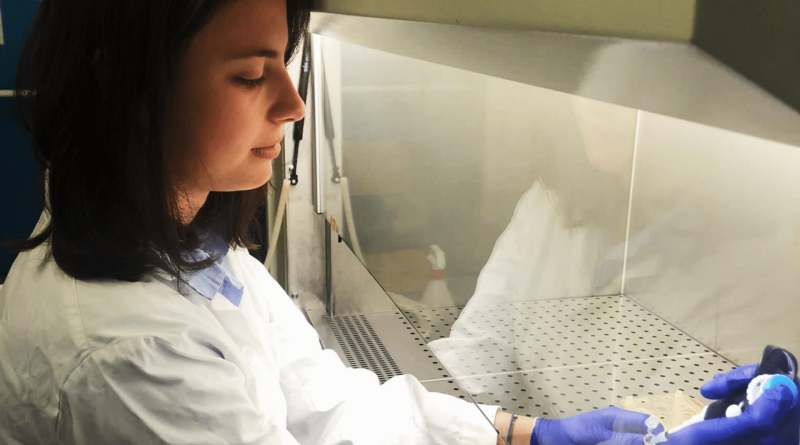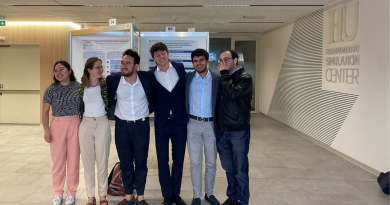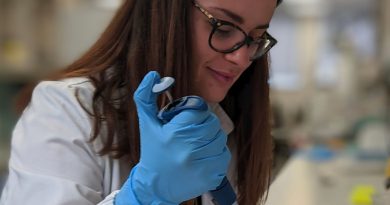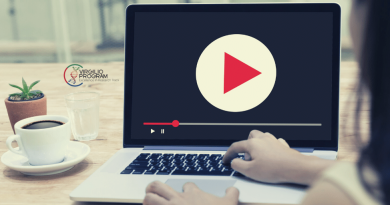Lab Experience Personal reflection – Luisa Calì
Lab Experience Personal reflection
Luisa Calì, Virgilio 3° Cohort Student, UNIMIB
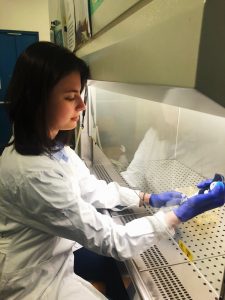
I got the opportunity to do my 2nd lab rotation at the Laboratory of Molecular Onco-hematology, University of Milano-Bicocca.
PI of the laboratory: Prof. Carlo Gambacorti-Passerini
Tutor: Dr. Valentina Crippa
The lab focuses on finding molecules that could be used to inhibit the oncohematological diseases activity and proliferation. I took part in three main experiments.
The first one aimed to verify the role of phosphoethanolamine in reverting the tumoral increased mitochondrial activity and therefore in reducing the ROS production. We evaluated the mitochondrial activity and the ROS production by using some fluorogenic probes and observing the fluorescence they emitted at the confocal microscope.
The second experiment aimed to verify whether the use of Crizotinib (an ALK-inhibitor) can selectively inhibit the in-vitro tumoral cell growth through the inhibition of ALK and not simply by acting as a cytotoxic drug. That’s why we treated with Crizotinib two different cell lines, one whose gene signature is a high ALK expression and one with a normal ALK expression, that worked as a control.
The third experiment aimed to assess the efficiency in inhibiting the in-vitro tumoral cell growth of various molecular compounds.
For the second and third experiments we performed the MTS assay and then a statistical analysis to evaluate the results.
My experience & learnings
Thanks to the help of my tutor, I had the opportunity to take part in every step of the experiments. I learnt that the most important part is to plan it correctly, because ignoring even the smallest factor can strongly influence the experiment results. Only after being sure that everything was set properly, we started performing the experiments. In this phase, my tutor taught me how to perform some steps firsthand. For example, I had my own cell line that I “took care of”, by passing it from a flask to a new one when they grew too much and had no room left, by giving them the nutrients they needed, by counting them under the microscope when necessary and so on. This really helped me to improve my manual skills in handling lab equipment and working in a sterile area.
After performing the experiments, we analyzed the results, and I observed how to apply statistics to a scientific analysis, finally understanding its important role in research, after having studied it only theoretically in the Statistics course.
When the results were not those we expected, I learnt how not to get discouraged and always try to find new ideas to make things work. I really understood that perseverance and confidence are two very important skills for a researcher.
The lab team was fun, and I enjoyed spending time with them, especially at lunch time, when we sat together to eat and crack jokes. I also understood how important it is to work in a friendly environment where you can count on each other.
In general, Virgilio program is giving me the opportunity to appreciate the importance of scientific research, without which no progress would be achieved in medicine. Now, every time I see a drug working on a patient, I know the amount of effort that has been made to make it work, and I thank for the understanding of this very meaningful, beautiful aspect called “translational medicine”.

